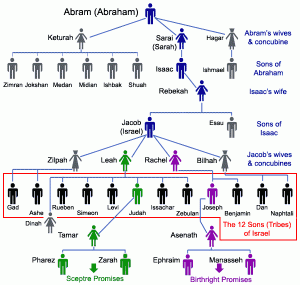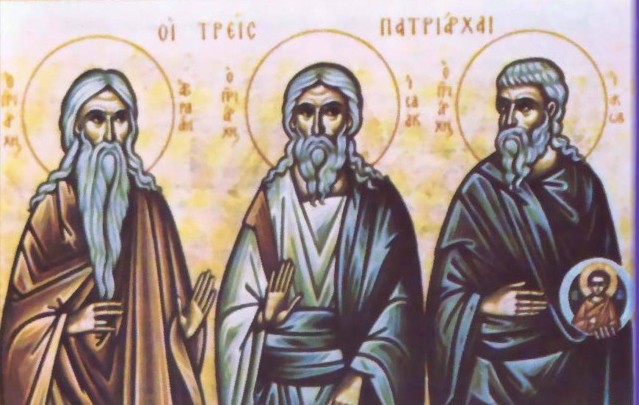Question
Gramps,
Do you think ancestors who have passed away would approve of having their patriarchal blessings posted on the family tree since it is a very private and special personal scripture?
Kent
Answer
Kent,
Historically, patriarchal blessings have been cherished within families, often passed down through generations. They encapsulate the spiritual heritage of a family, connecting individuals to their ancestors and their divine heritage. Given their deeply personal and spiritual nature, questions often arise about their appropriate sharing in broader contexts, such as public family trees.
The Church emphasizes the sacredness and personal nature of patriarchal blessings. According to Church guidelines, patriarchal blessings are recorded and kept on file by The Church of Jesus Christ of Latter-day Saints, ensuring their confidentiality and sacredness. While other blessings, such as baby’s blessings or ordinations, are considered within the family unit’s purview for safekeeping, patriarchal blessings hold a unique, official status within the Church’s records.
Furthermore, the Church discourages the casual sharing of patriarchal blessings outside of their intended personal use. This caution stems from the respect for the sacred content of these blessings and the desire to maintain their spiritual integrity. Publicly posting patriarchal blessings on family trees may inadvertently expose personal and spiritual insights that were meant for private reflection and guidance.
While the desire to honor and share family history is understandable, several considerations should be weighed before posting ancestors’ patriarchal blessings on family trees:
1. Respecting Privacy and Sacredness
Patriarchal blessings are deeply personal and sacred. Sharing them publicly may inadvertently expose private spiritual insights that were meant for individual edification. Respecting the privacy of ancestors and the sanctity of their blessings aligns with the Church’s emphasis on the sacred nature of these documents.
2. Potential Misinterpretation
When patriarchal blessings are shared outside their intended context, there is a risk of misinterpretation. Without the personal relationship and revelation between the patriarch and the recipient, the blessings may lose their intended meaning and could be misconstrued.
3. Focus on Genealogy Without Sacred Texts
Genealogy, an essential aspect of Latter-day Saint practice, can be celebrated without necessarily sharing sacred texts like patriarchal blessings. Highlighting lineage, achievements, and non-sacred historical facts can honor ancestors while maintaining the sanctity of spiritual documents.
4. Alternative Ways to Honor Ancestors
Instead of sharing the full text of patriarchal blessings, families can consider recounting the blessings’ essence or the positive outcomes they’ve inspired. This approach maintains the blessings’ spiritual integrity while sharing their influence on family heritage.
For those who wish to honor their ancestors’ patriarchal blessings while respecting Church guidelines and the sacredness of these documents, consider the following best practices:
1. Seek Guidance from Church Leaders
Before making decisions about sharing patriarchal blessings, consult with local Church leaders or trusted authorities within The Church of Jesus Christ of Latter-day Saints. They can provide personalized guidance and ensure that actions align with Church teachings.
If sharing aspects of a patriarchal blessing feels appropriate, consider summarizing the blessings’ positive impacts or focusing on general themes without revealing specific personal revelations.
3. Protect Confidential Information
Ensure that any shared information does not include names, specific roles, or detailed prophetic insights that were intended for private spiritual guidance. Protecting this information preserves the blessings’ sacredness.
4. Utilize Official Family History Resources
Leverage official genealogy tools and resources provided by The Church of Jesus Christ of Latter-day Saints that are designed to celebrate and preserve family history without compromising the sanctity of patriarchal blessings.
Gramps







